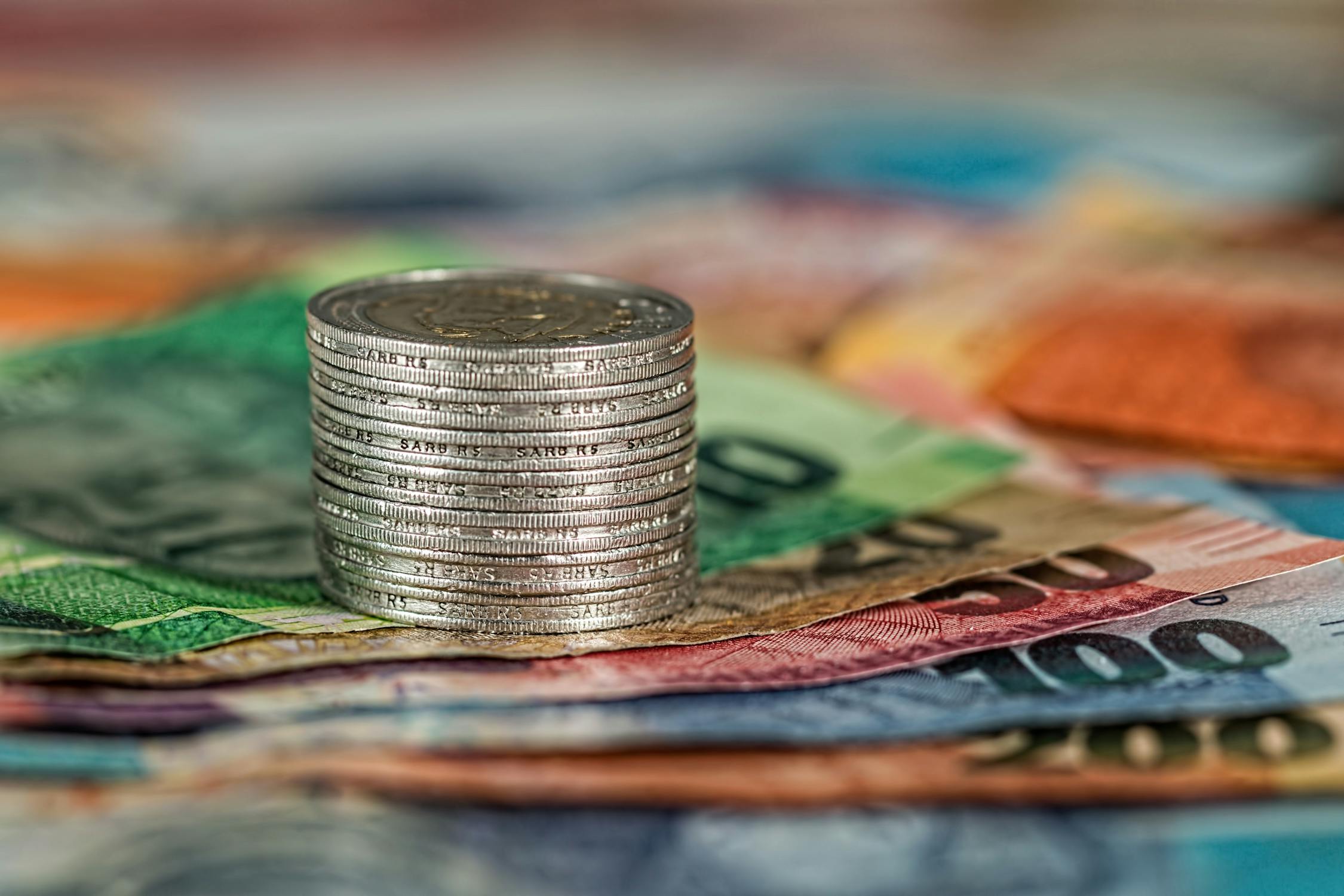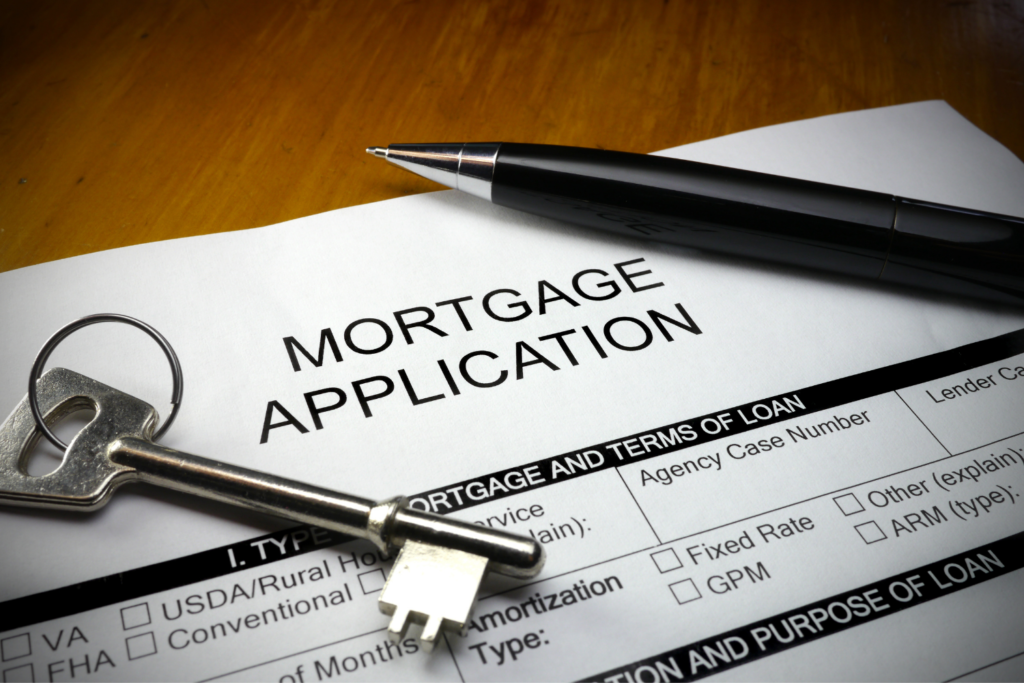
Relocating to a new country is an exciting adventure with challenges and uncertainties. Establishing emergency funds is one of the most critical aspects to address before you move. A solid financial safety net can provide peace of mind, helping you easily navigate unexpected hurdles. Explore why an emergency fund is essential and how to build one effectively.
Contents
- Understanding the Importance of an Emergency Fund
- Assessing Your Potential Expenses Abroad
- Planning for Healthcare Emergencies
- Protecting Yourself from Currency Fluctuations
- Balancing Savings with Relocation Costs
- How to Determine the Right Amount for Your Emergency Fund
- Strategies for Building Your Emergency Fund
- Finding Additional Sources of Income
- Staying Financially Prepared After Your Move
- Leveraging Financial Tools and Resources
- Building Confidence in Your Financial Security
- Prioritize Your Emergency Funds Before You Move
Understanding the Importance of an Emergency Fund
Life abroad is full of surprises; not all are pleasant. Medical emergencies, sudden travel needs, or unforeseen costs like repairs or lost items can quickly derail financial stability. An emergency fund acts as a buffer, allowing you to handle these surprises without jeopardizing your financial health. It’s especially vital when living in a foreign country with limited access to financial assistance.
Assessing Your Potential Expenses Abroad
Before building your emergency fund, it’s crucial to understand the potential expenses you’ll face in your new home. Research the cost of living in your destination, including housing, utilities, healthcare, transportation, and groceries. Don’t forget to account for one-time relocation expenses like visa applications, legal fees, or initial deposits for accommodations. The better prepared you are, the more accurate your emergency fund will be.
Planning for Healthcare Emergencies
Healthcare is one of the most significant concerns when moving abroad. Depending on the country, healthcare costs can range from negligible to outrageous. Find out whether your destination offers public healthcare and whether you’re eligible for it. If private healthcare is your only option, ensure your emergency fund accounts for insurance premiums and out-of-pocket expenses.
Protecting Yourself from Currency Fluctuations
Living abroad often means dealing with exchange rates, which can fluctuate unpredictably. If your income is tied to a different currency than the one used in your new home, this can impact your purchasing power. Consider setting up a multi-currency account and keeping some of your emergency funds in the local currency to safeguard your finances. This strategy ensures you’re prepared even if exchange rates shift unfavorably.

Balancing Savings with Relocation Costs
Moving abroad can be expensive, and costs can quickly spiral out of control without a proper budget. Therefore, to avoid overspending on your relocation abroad, thoroughly research your future home to understand the cost of living, housing expenses, and local services. Build an emergency fund while carefully managing your moving expenses. Identify areas where you can cut costs, such as packing items yourself or opting for off-season moving dates, and prioritize spending on essentials. Hiring professional movers can save time and stress, but be sure to compare quotes and read reviews to find a reliable, affordable service. Also, consider securing comprehensive moving insurance to protect your belongings during transit, giving you peace of mind without unnecessary financial risk.
How to Determine the Right Amount for Your Emergency Fund
The size of your emergency fund depends on your circumstances. A general rule of thumb is to save three to six months’ worth of living expenses. However, it’s wise to aim for the higher end of that range when moving abroad. Include all essential costs in your calculation, such as rent, utilities, food, transportation, and potential emergency needs like flights home or urgent healthcare.
Strategies for Building Your Emergency Fund
Saving for an emergency fund takes time and discipline, but the rewards are invaluable. Start by creating a dedicated savings account for your fund to keep it separate from everyday spending—automate monthly contributions to this account to ensure consistent growth. Additionally, evaluate your current budget to identify areas where you can cut back, such as dining out or subscription services, and redirect those savings to your emergency fund.
Finding Additional Sources of Income
If building your emergency fund feels overwhelming on your current income, consider exploring additional revenue streams. Freelancing, tutoring, or selling unused items are great ways to boost your savings. Building a fund doesn’t happen overnight, so don’t stress if progress feels slow. Consistency is key.
Staying Financially Prepared After Your Move
Your financial preparation doesn’t stop once you’ve built your emergency fund and relocated. Life abroad requires continuous vigilance to ensure your safety net remains intact. Reassess your emergency fund periodically to account for any changes in your cost of living. It’s also a good idea to keep a portion of your savings easily accessible in case of immediate needs while maintaining the bulk in a secure, interest-bearing account.

Leveraging Financial Tools and Resources
Technology can simplify managing emergency funds and broader finances. Use budgeting apps to track your spending and savings. Explore international financial services that cater to expatriates, offering tools like multi-currency accounts and financial planning support. These resources can provide valuable insights into managing your funds effectively while abroad.
Building Confidence in Your Financial Security
An emergency fund is more than just a financial resource—it’s a source of confidence and stability as you begin your new journey. Knowing you’re prepared for unexpected challenges allows you to focus on enjoying your experience abroad. Whether immersing yourself in a new culture, building your career, or pursuing education, financial peace of mind ensures you’re fully present for all the opportunities that come your way.
Prioritize Your Emergency Funds Before You Move
Relocating to another country is a significant life change, and financial preparedness is vital in ensuring its success. Building emergency funds may require sacrifice and planning, but it’s a worthwhile investment in your future. Start early, stay consistent, and equip yourself with the tools and knowledge to thrive in your new home. With a solid safety net, you’ll be ready to tackle whatever adventures and surprises await.




